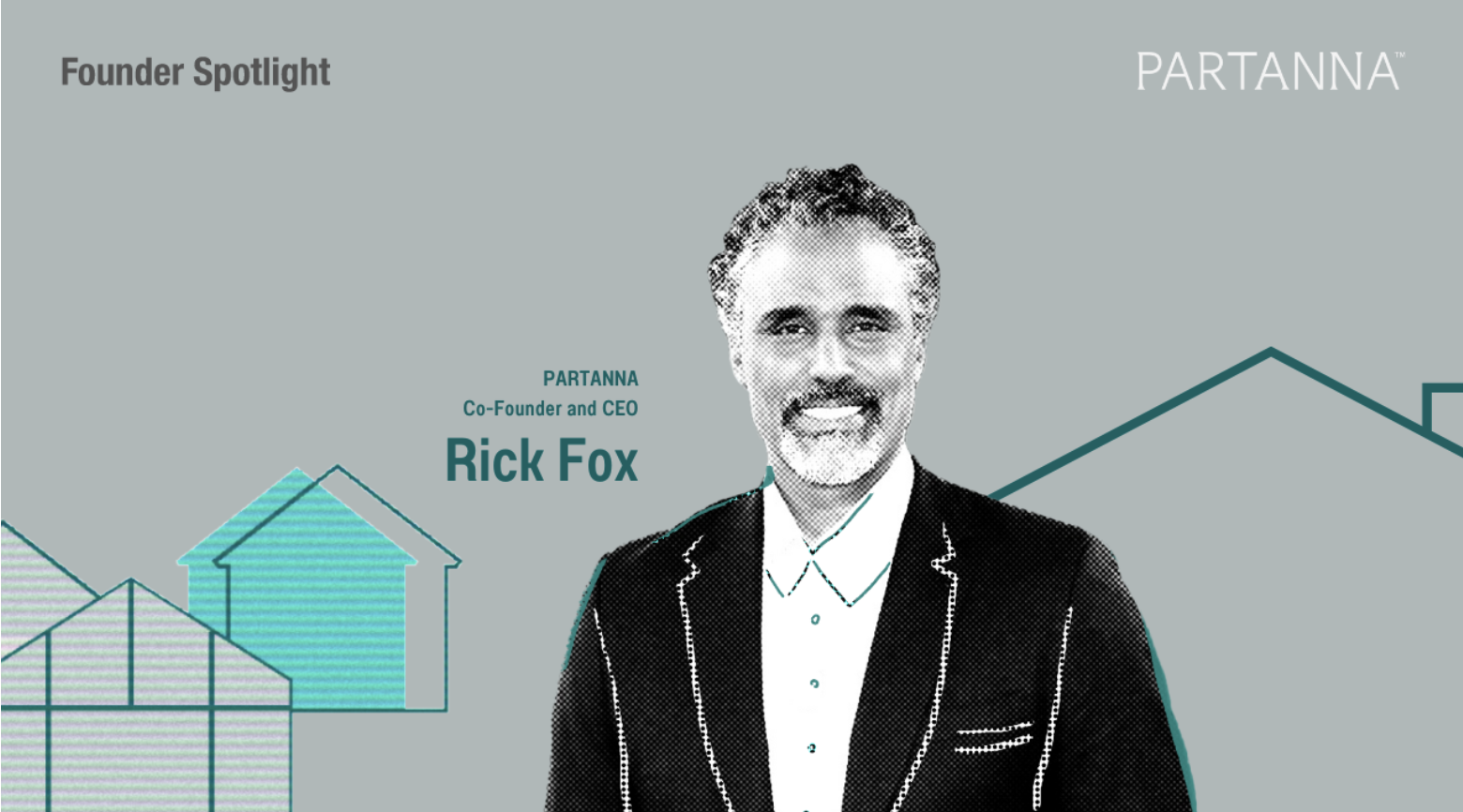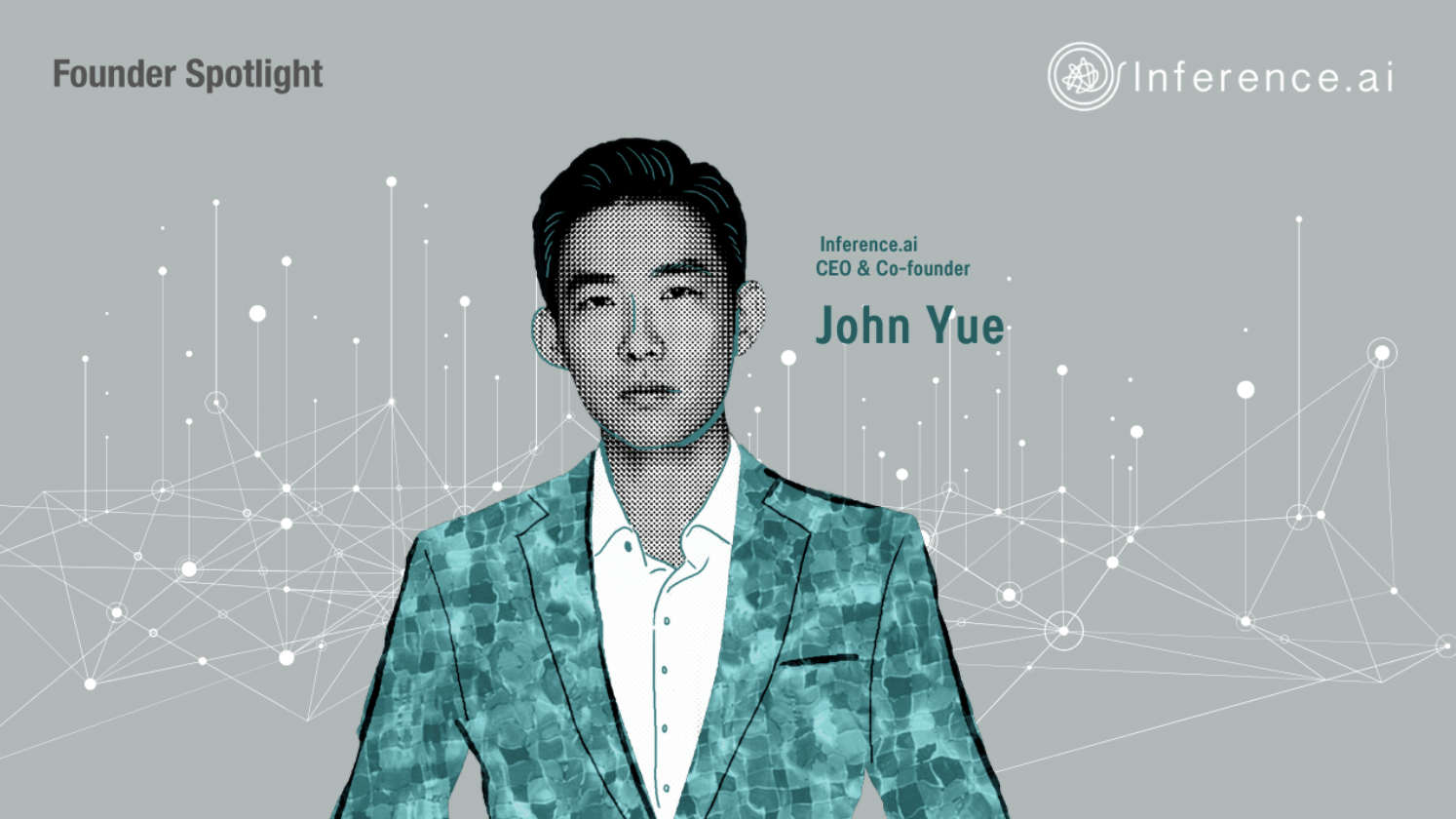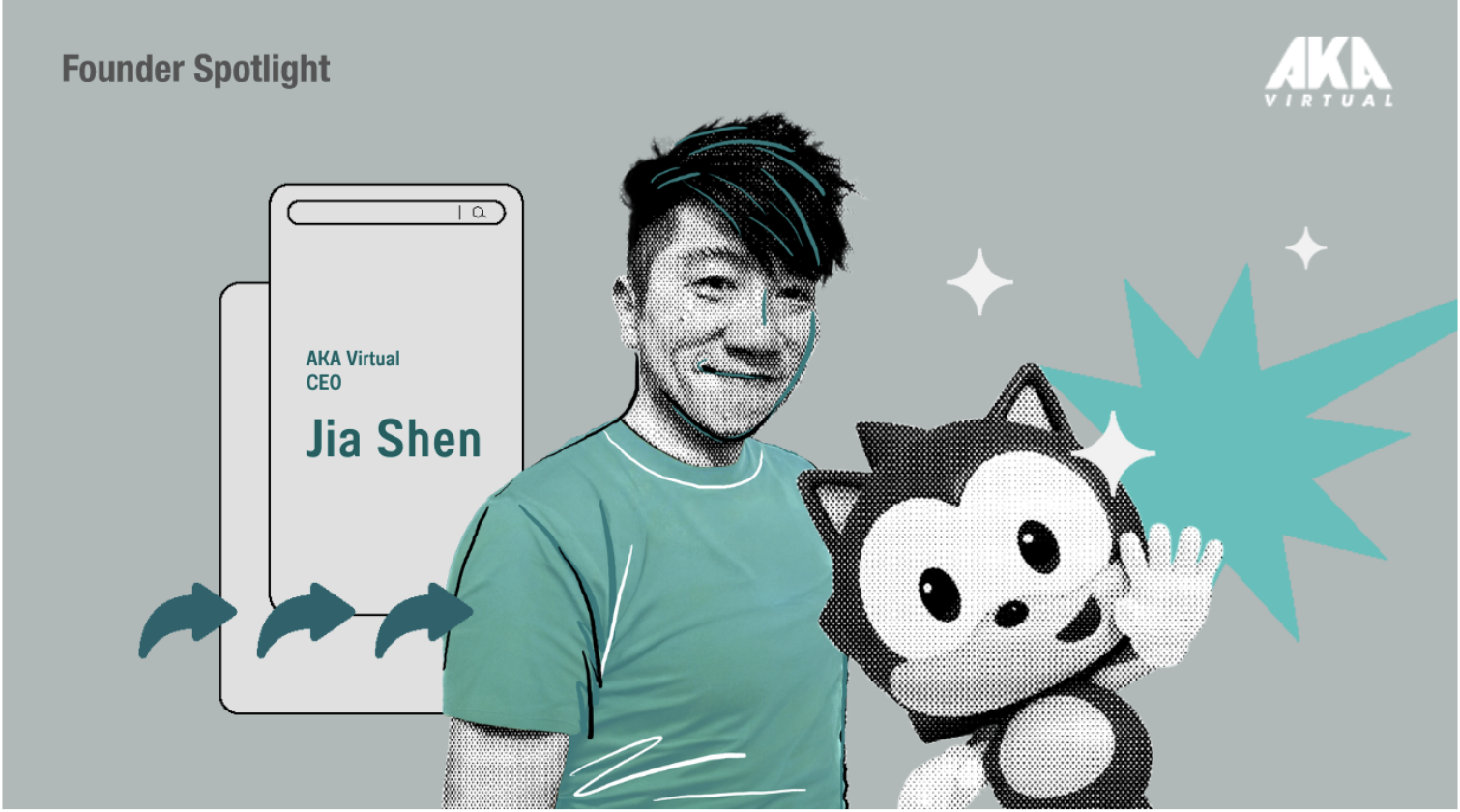AsiaTechDaily – Asia's Leading Tech and Startup Media Platform

Jeremy Leach, Founder And CEO Of Inclusivity Solutions- Design, Build And Operate Inclusive Digital Insurance In Emerging Markets
Jeremy Leach has been involved in advising, researching, and implementing digital financial services across emerging markets. He is now founder and CEO of Inclusivity Solutions, and an inclusive Insurtech focused on designing, building, and operating digital insurance businesses in emerging markets.
An experienced executive in both the private and public sector, Jeremy has been a Director at BFA, a global consultancy focused on strategy and innovation in responsible digital financial services. As Divisional Director and Head of Microinsurance at the Hollard Insurance Group, he drove a range of insurance innovations internationally, from product development to new distribution channels to consumer engagement. Before Hollard, Jeremy was Executive Director at FinMark Trust, where his leadership on insurance and mobile money had a global impact.
Jeremy is a Chartered Certified Accountant (UK) and holds an MSc in International Development (Bath, UK). He is a founding member and adviser to Cenfri. He has had the privilege of serving on the South African Minister of Finance’s Short Term Insurance Advisory Committee, amongst other roles. He regularly speaks at international conferences on microinsurance, digital insurance, mobile money, and financial services innovation.
In an exclusive interview with AsiaTechDaily, Jeremy says:
Family is a great motivator and also what we are trying to do as a business – have a real impact on our end clients through the insurance products that we develop. I regularly reflect on how one of our claimants, Theoneste, came to hug me during an event due to the impact the claim payout had on his life.
My advice would be to find a team of people who are as passionate as you about what you want to do but also to ensure that family is central to you.
Underestimating the cultural differences in markets is one key mistake – which is why we invest in human-centered design research. From my consulting days, I saw that two MNOs launched funeral insurance in Tanzania as it worked well in South Africa and Ghana, respectively.
However, clients started ringing up and asking why they were cursing them and wanting them dead! Not great for the brand.
Read on to know more about Jeremy Leach and his journey.
Please tell me about your personal background and What motivated you to get started with your company?
Jeremy Leach: Originally from Jersey in the British Isles, my first career was as an accountant with Deloitte focused on offshore finance. I then went back to school, did a Masters in International Development, and refocused on financial inclusion with stints at a donor (DFID) think tank (FinMark Trust, an insurer (Hollard), and a consultancy (BFA Global). I was changing focus from high net worth individuals and corporates towards the low-income market who lack access to financial services and, in particular, insurance.
In these roles, I realized the desperate need for affordable, quality insurance for the majority and the challenge that large corporates and insurers have in reaching this market. Recognizing that technology is only an enabler and not the solution, and backed by RGA, a global reinsurer, we built an interdisciplinary team backed by an award winning platform to address the twin constraints of human-centered products supported by a fully digital platform.
What is your current main product, and can you share any previous product pivot story to the current product?
Jeremy Leach: Let me address this with two stories:
Platform: following the frugal innovation philosophy, we outsourced our platform needs to a separate company aspiring to be a BPO.
This ended up almost killing us as it was not fit for purpose, slow, and had its problems. Thankfully we found a great head of technology, Tibo, who could come on board and built an MVP of our platform in weeks.
On the insurance side, our current main product is derived from our human-centered design research and is a simple health product that meets the need to address health risks. We learned a lot about how not to market and not always listen to clients, as you will see in this blog.
How much money have you raised in total so far? When was the recent funding round?
Jeremy Leach: We have raised $4.7M in total. We closed our Series A in 2019 over 2 tranches reaching $2.6m with some fantastic new investors: Goodwell, Umkhathi Wethu in partnership with Allan Gray, MFS Africa, and some angel investors.
What were the internal decision processes in determining when to begin fundraising, and what were the logistics for this? And how many investors have you met so far, and how did you meet these investors, and which channels worked best for you?
Jeremy Leach: I once read that a founder can CEO spends 90% of his time fundraising, and it takes around 12 months to close around. That is pretty close to the truth of the matter, unfortunately.
In terms of finding investors, it is made pretty clear that VCs will only talk to you if they have a warm introduction, even if you are connected on Linkedin. In fact, this is spelled out on some of their websites. So a Linkedin network is pretty useless except to find someone who can (re)introduce you to VCs that you already know or want to meet! Having been a management consultant who did some work in the VC/PE and micro-insurance space, I thought it would be easy to follow up with all the VC types who had reached out to me, which wasn’t the case! In terms of the funnel, I contacted around 70 VCs and ended up with 3+ some angels.
What are the biggest challenges and obstacles that you have faced in the process of fundraising? If you had to start over, what would you do differently?
Jeremy Leach: What is the old adage, “If you want to go there, you shouldn’t start from here?”! Joking aside, it was tough. Insurtech may be big in developed markets but is not easy in emerging markets where insurance penetration is typically from 3-5% of the population, so we are all about creating a market. We were also in the valley of death, basically too big for the small investors and too small for the larger investors while still needing to prove the business model, so that is a tough place to be. Being in South Africa is also tough from a funding side and forex requirements, so it is clear you need to spread out your network globally.
In terms of lessons, start early, or as a friend, Dare Okoudjou from MFS Arica told me, “Always be raising”! And hopefully, you also have a business that is resilient and where the metrics look good.
What are your milestones for the next round? And what are your goals for the future?
Jeremy Leach: Our milestones for the next round are around expansion in our existing market and new markets. Our goal is to reach 25m clients over the next 5 years, and looking forward to getting there.
How have you attracted users, and with what strategy have you grown your company from the start to now?
Jeremy Leach: The Inclusivity Solutions offering is primarily a B2B(2C) solution, so we have two fairly distinct groups of customers, both with very different needs 1) Our distribution and insurance partners and 2) the end-users of the insurance products that we design.
Marketing Inclusivity Solutions to our distribution and insurance partners has largely followed a traditional marketing model, using a combination of personal contacts, events, webinars, public relations, and social media outreach.
Marketing to our products’ end-users follows a more indirect model as our distribution partners are the lead brand. Here we’ve partnered with our distribution partners using a ‘facilitation’ marketing model, whereby we serve as advisors on marketing best practices for digital insurance products while controlling the digital marketing. This includes co-developing marketing strategies, customer research, and insights, visual templates, above and below the line campaigns.
Which has been the best marketing software tool for the growth of your startup, and why?
Jeremy Leach: As a startup, we don’t need at this stage complex marketing automation software. However, we do make use of Hootsuite for our social media management, Trello to project manage our end-user SMS schedules and customer surveys, and Pipedrive for our CRM needs.
What do most startups get wrong about marketing in general?
Jeremy Leach: We are still learning ourselves; however, keeping focused on the business KPIs should drive the marketing activity. We’ve also learned that good content goes a long way. Most publications, professional bodies, and research organizations that we’ve partnered with for blogs and webinars have been very open to our insight contributions. This is particularly important when marketing to emerging market mobile operators and insurers who regularly follow organizations such as the GSMA, The ILO, Insights2Impact, and Cenfri.
How do you plan to expand globally?
Jeremy Leach: We were built for scale and had a team of 17 from 10 different nationalities, who have worked in over 40 countries. Our initial launches have all been in Africa, but we follow some leads in Asia and are excited to get something done there.
In fact, we were due to launch in Cambodia a couple of years ago, and then the Director of Marketing left, and it all fell over. So frustrating!
What are the most common mistakes companies make with global expansion?
Jeremy Leach: Underestimating the cultural differences in markets is one key mistake – which is why we invest in human-centered design research. From my consulting days, I saw that two MNOs launched funeral insurance in Tanzania as it worked well in South Africa and Ghana, respectively.
However, clients started ringing up and asking why they were cursing them and wanting them dead! Not great for the brand.
How do you handle this COVID-19 outbreak situation for your company’s survival in the future?
Jeremy Leach: The team’s impact has been very limited as we were already remote two days a week, so the shift to fully remote has been smooth, although sad not to see the team or travel much. On the other hand, COVID-19 is the world’s most significant learning moment for insurance as everyone realizes they are vulnerable and the need to digitize is more critical than ever – so we are more relevant than ever.
The challenge is the impact on some of our partners, especially banks, who are most affected, so decision-making is tough. Another question will be the impact on funding as investors may become more cautious.
So we are yet to see what the impact will be but are cautiously optimistic.
What are the most common mistakes founders make when they start a company?
Jeremy Leach: Not to take an attitude of experimentation. Never believe that the product you have sweated on is the perfect product as it is definite it isn’t, and you will need to iterate a lot. The Lean Startup book is definitely worth a read for all founders. The challenge for us is as we are in the insurance industry, it can be harder to iterate as it is a regulated product, but there is still a lot to learn from experiments.
What’s the best advice you’ve ever received? And What advice do you have for someone who is interested in doing similar things like yours or in a similar direction?
Jeremy Leach: In terms of the best advice, two clearly stand out for me. The first was some marital advice around priorities. Central should be your faith, then your wife, kids, parents, and then your job. Sometimes, this is pretty tough as a founder CEO when it is easy to lose focus on family, but I have held to this. And it would help if you had your family as an anchor during the rough times of which there are many.
The second was received from Adi Enthoven on leadership: Leadership is like a piece of tinned / over-cooked spaghetti. The type that breaks apart easily. The objective of leadership is to drag that piece of spaghetti from one side of the table to the other. If you drag it too fast, the spaghetti will break apart, and you get to the end with no one behind you.
So it would be best if you dragged it at such a speed that everyone stays behind you, which may well be much slower than you would like to move. Patience doesn’t come naturally, so I also learned this the hard way in the past, so this was exceptionally useful advice when I became founder and CEO.
My advice would be to find a team of people who are as passionate as you about what you want to do but also to ensure that family is central to you.
What are the top-three books or movies (TV series) that changed your life and why?
Jeremy Leach:
Clayton Christensen’s Innovator’s dilemma for its challenge to our thinking around innovation. I believe micro-insurance is a good example of disruptive innovation in that the products are typically not as good as traditional products but are far cheaper and meet one’s needs and, therefore, will likely disrupt conventional products in time.
Nietzche’s Thus spoke Zarathrustra, which I read (with some difficulty) during my “quarter-life crisis” as I transitioned from being an accountant to focusing on development. It challenged me always to be thinking and to challenge one’s world view.
The Hard Thing About Hard Things by Ben Horowitz: I read this at a really rough time in the business when nothing looked like it was going well. It hurt when I was reading it as it resonated so much. So in some ways, it was a bit late, but in other ways, I read it at the right time when I needed it the most.
How do you keep yourself motivated every day?
Jeremy Leach: Sometimes it is tough. But family is a great motivator and also what we are trying to do as a business – have a real impact on our end clients through the insurance products that we develop. I regularly reflect on how one of our claimants, Theoneste, came to hug me during an event due to the impact the claim payout had on his life.
What are the top three life lessons that you want your (future) sons and daughters to know?
Jeremy Leach:
- Being in South Africa, it is clear that one key lesson must be that every person deserves respect and value regardless of race, creed, status, or how different they may be. This is a lesson we drill into our kids. And this is also why I am so thankful for how diverse Inclusivity is – our 5 exco members are from 5 nationalities, our 17 team members are from 10 nationalities.
- Wealth and status is not what should drive you – you should seek out what you are passionate about and how to want to make a difference
- Always think of others before yourself
What would you like to be remembered for?
Jeremy Leach: I would like to be remembered for doing my best in all that I do.
You can follow Jeremy Leach here.
Are you looking to secure investment for your startup or a keen startup enthusiast, keep an eye on our interview section.
Follow Asia Tech Daily to know about the innovative startups and how they are revolutionizing the ecosystem.





